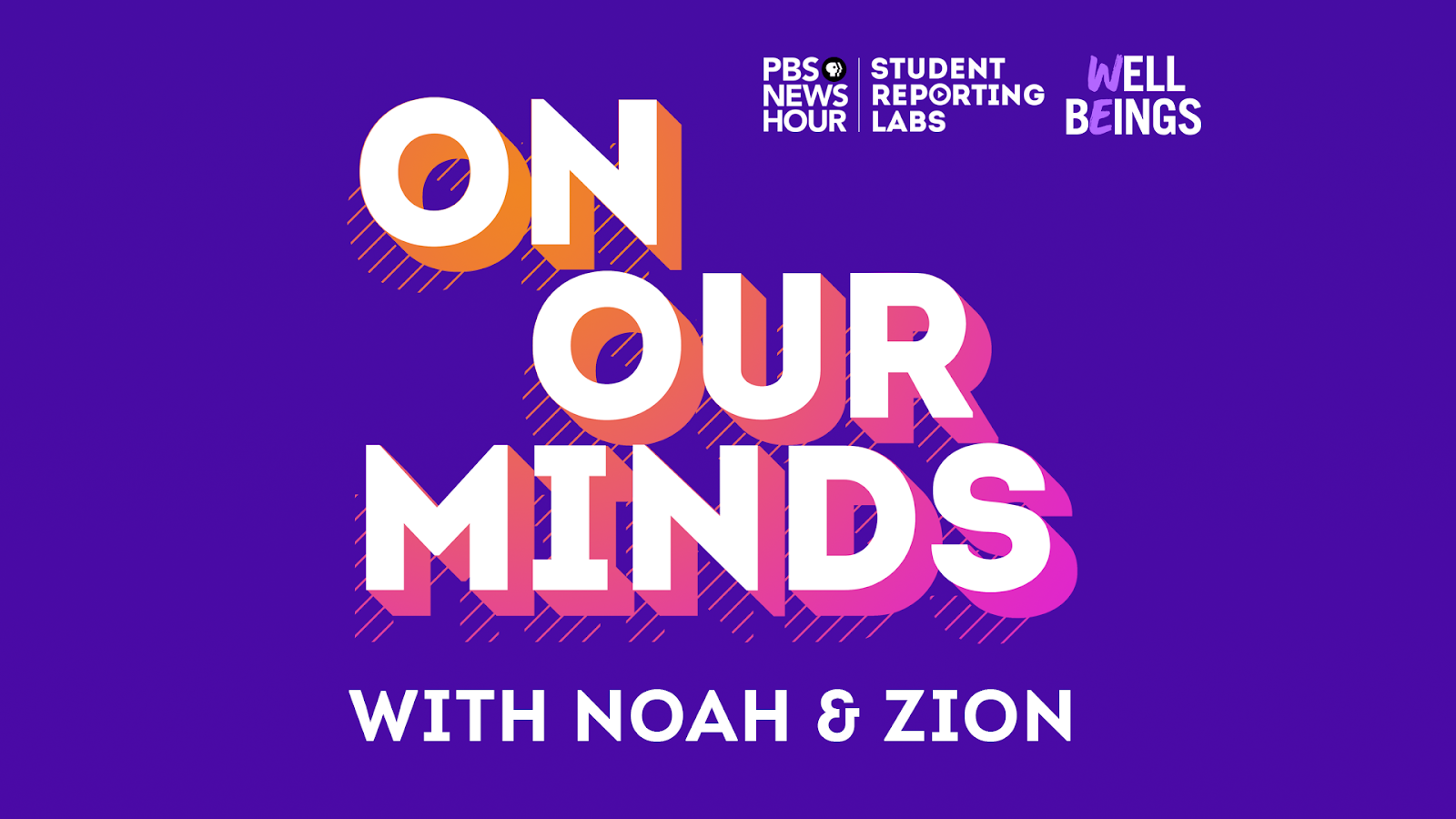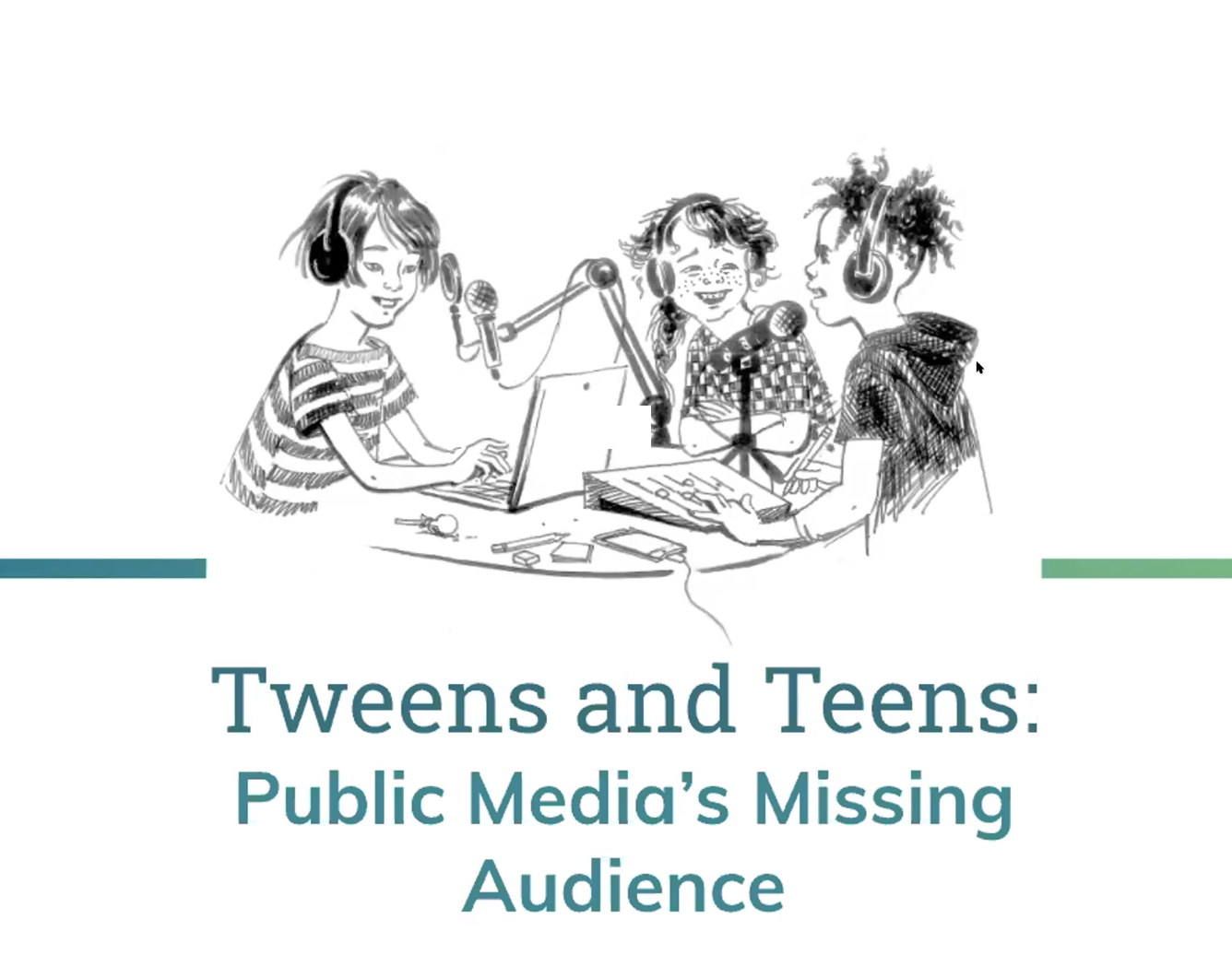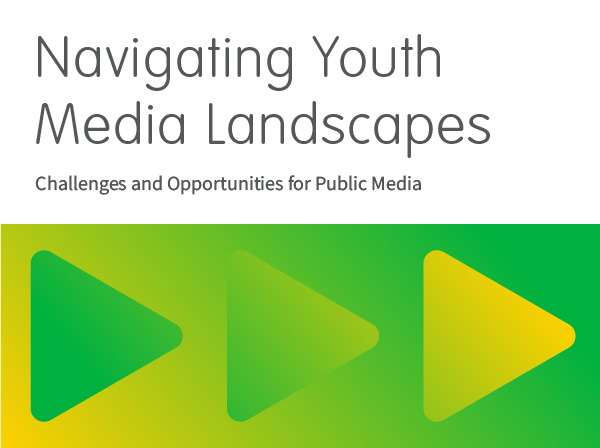Growing up, I was used to being the “only one.” I was the only Black girl in many of my elementary school classrooms, newspaper staff, debate team, and even in college lectures at the University of Virginia. That anxious feeling of being surrounded by faces that were not like my own was a familiar one.
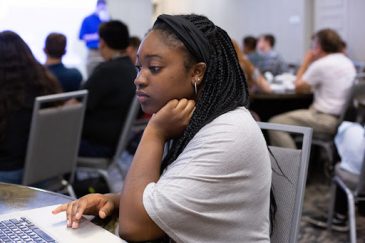
As an aspiring journalist, I expect I will often be the “only one” in the workplace. While 38% of newsrooms have made diversity gains in the last 15 years, many publications are still lacking in overall diversity. According to this 2018 Pew Research Center study, “newsroom employees are more likely to be white and male than U.S. workers overall.” My worries about feeling underrepresented are not unfounded.
As I began my internship in the summer of 2019, I was excited and fully prepared to be the “only one.” I would be working with PBS NewsHour Student Reporting Labs, a national youth journalism initiative connecting students to public media. But I soon learned that this newsroom was empowering for all kinds of people.
I participated in meetings and interacted with influential journalists. I felt like my voice as an intern mattered. The vision of equality promoted by Student Reporting Labs was inspiring. Throughout the summer, the old feeling of being the “only one” started to disappear.
Our biggest project for the summer was the Student Reporting Labs Summer Academy, where 26 teen journalists from 15 states traveled to Washington, D.C. to create video stories. This, of course, was the year before the coronavirus pandemic.
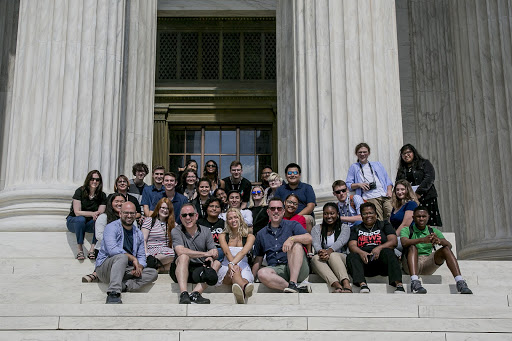
The diversity of the Academy was remarkable. The majority of the Fellows were girls and the room was full of people of color. No one in the room bore the burden of being the “only one.”
Brittney Bucksell was one of the first Fellows I worked with during the Academy. She’s a curly-haired, energetic, Black girl from Maryland. As I sat down next to her, I could feel her nervousness. I was nervous too. We talked about our favorite T.V. shows and our excitement for the week ahead.
Brittney’s group was working on a story about a high school teacher who used yoga to bring mindfulness to his community. As I helped the group pack up their equipment after a long day of shooting, I noticed that Brittney was unusually quiet. After some prodding, she told her mentor and me about her feelings of inadequacy within her group.
“I just felt really bad about everything I did,” Brittney explained, “When [my group members] would have conversations, I would actually feel ignorant.”
I know those feelings well. Feeling like the “only one” makes me question my abilities, and wonder if I deserve my position. It makes me feel like an outsider. These feelings are what experts call impostor syndrome, a phenomenon where a person feels like they are unworthy, despite their achievements and success. A wave of empathy ran over me as I reassured her of her talent and capability. I wished she could see how exceptional she truly was. All she needed was a little encouragement. Throughout the rest of the Academy, I saw Brittney flourish as she allowed the rest of the world to see her true self.
“Once I put on the mindset that I’m doing the best that I can and that’s all that really matters, everything started gaining clarity,” Brittney later said. “I actually felt better about the stuff that I was doing. I actually opened myself up more to my group.”
But part of me wondered how this could have happened within such a diverse group of student journalists. Brittney was not the only Black girl at the Academy. And I had hoped that my presence as an older Black girl, mentor, and intern would be encouraging. If someone could feel this way even when they aren’t the “only one,” I wondered, where do feelings of imposter syndrome truly come from?
Part of the problem may be that teens aren’t often empowered to feel like the work they are doing is meaningful.
“I feel like as students, we’re often overlooked,” Brittney said. “Our voices are never heard.”
The Summer Academy was a life-changing experience for students. For many Fellows, the Academy was the place where they found their journalistic voice and tribe. The program is also helping young journalists in rural American towns that lack community support for journalism.
“I like shining a spotlight on people that usually don’t get the attention that they need or the attention that they deserve,” said Bailey Childress, a college freshman and 2019 Academy Fellow from a small town in Kentucky. “There really isn’t much local news. There really is a need for the spotlight to be around here.”
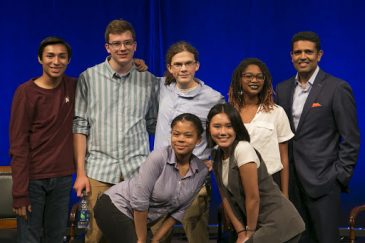
Student Reporting Labs is opening the door for the voices of young people and underrepresented groups to be heard.
“After going through the Academy,” said 2018 Fellow and high school senior Xavier Dominguez, “this really changed me and this is what I want to do for my career. My mom is a single parent. I’m not from a very privileged household so I have to put in double the work.”
Xavier’s voice as a Hispanic-American is needed in today’s industry. According to a survey conducted by ASNE, Hispanic-Americans make up only 5.62% of newsroom leaders.
I am starting to realize that the problem is deeper than being the “only one.” In truth, it is more than a feeling but rather the result of systemic structures that make it difficult for people of various identities to get a seat at the table and be heard. Finding places of empowerment can be challenging. But it is possible.
PBS NewsHour Student Reporting Labs is ahead of the curve in realizing the potential that young journalists have and encouraging underrepresented groups to pursue this career. They are pulling new voices into the conversation and changing the face of journalism. Looking at the teenagers making their voices heard through Student Reporting Labs, the future of journalism is bright.
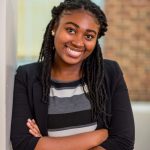 Victoria Hodge is a journalist and fourth-year student at the University of Virginia graduating with a dual degree in Public Policy and Media Studies. She was a summer 2019 PBS NewsHour Student Reporting Labs intern, where she co-anchored a special highlighting youth journalism. Most recently she interned at Bloomberg News where she wrote for the D.C. Breaking News Team.
Victoria Hodge is a journalist and fourth-year student at the University of Virginia graduating with a dual degree in Public Policy and Media Studies. She was a summer 2019 PBS NewsHour Student Reporting Labs intern, where she co-anchored a special highlighting youth journalism. Most recently she interned at Bloomberg News where she wrote for the D.C. Breaking News Team.
